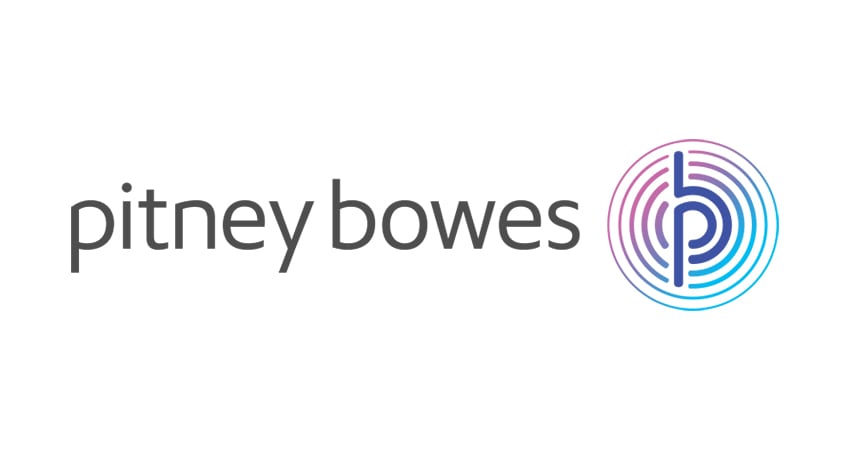Pitney Bowes will get a board makeover with an installed majority and a new interim CEO, if investor Hestia Capital has its way, actions that have led management of the ecommerce and parcel consolidation firm to take defensive measures.
In particular, Hestia is calling out the performance of Pitney Bowes’ cross-border ecommerce unit, identifying it as a candidate for sale, while saying the legacy SendTech postage meter unit and the parcel consolidation business remain strong and profitable.
Pitney Bowes is facing similar criticism from two other investors, DOMO Capital and BWM AG, which own 1% and 1.5% of the company, respectively, according to Reuters.
For the most recent quarter, Pitney Bowe’s ecommerce division posted an EBITDA loss of $17 million, against break-even in 2021, while presort earned $28 million and SendTech $102 million. Ecommerce revenue fell 11% to $354 million.
Hestia and its founder and principal Kurt Wolf came to fame through their role in the takeover of GameStop, along with Chewy.com founder Ryan Cohen, now GameStop’s chairman. The struggling retailer’s stock became a Reddit-fueled superstar that skyrocketed in value before falling back to earth, as Cohen steered the firm toward ecommerce. The stock grew so rapidly, in fact, that Wolf was forced to give up his board seat last year, Reuters reported.
Hestia said in a shareholder letter it is taking these hardball measures with Pitney Bowes after the company refused its offer last month to bring in three new outside directors and create a capital allocation and strategy committee focused on a turnaround.
Hestia, according to an updated SEC filing, owns a 7.1% share in Pitney Bowes, up from 6.9% last month. The hedge fund is now calling for the appointment of five new directors on the nine-member board and the removal of CEO Marc Lautenbach and chairman Michael Roth, due to what it terms chronic under-performance and “value destruction.” The letter noted that shareholder returns are down more than 50% in the decade-plus since Lautenbach and Roth have been in control.
Wolf said in the letter his firm had made good-faith efforts to engage with Pitney Bowes management and work toward needed changes, which have been rebuffed.
“Messrs. Roth and Lautenbach, who have collectively made tens of millions of dollars while stockholders have endured massive losses, seem intent on maintaining a clubby and insular boardroom that safeguards their leadership positions and the status quo at Pitney Bowes,” said Wolf in the letter.
According to Reuters, Hestia has proposed former ShippingEasy.com chief Katie May and former Stamps.com CEO Ken McBride as outside directors.
In the letter, Hestia said Pitney Bowes rejected one of its principals as well as McBride as directors, while approaching a friend of Lautenbach’s with a minimal number of shares to be a shareholder representative on the board. Hestia also claims the company approached two of its board candidates in an attempt to circumvent its turnaround efforts. One of them, a former Fortune 10 C-level executive, dropped out of consideration as a result, Hestia said.
Defensive efforts by Pitney Bowes have included hiring an investment bank and a high-priced PR firm for “activism defense,” Hestia said in the letter. “This was done while we were trying to come to a principal-to-principal agreement that would obviate any plausible reason for such a waste of stockholders’ capital,” Hestia states.
Pitney Bowes spokesman Bill Hughes said the company’s openness to “constructive input on how to enhance long-term shareholder value” has included discussions with Hestia “over many months.”
“We were disappointed to see that Hestia disregarded this constructive engagement,” Hughes said. “Although we remain open to engaging with Hestia, we also look forward to having the discussion about the best path forward with all our shareholders during the 2023 proxy season.”
The date for the 2023 annual meeting, normally held in May, has yet to be announced.

